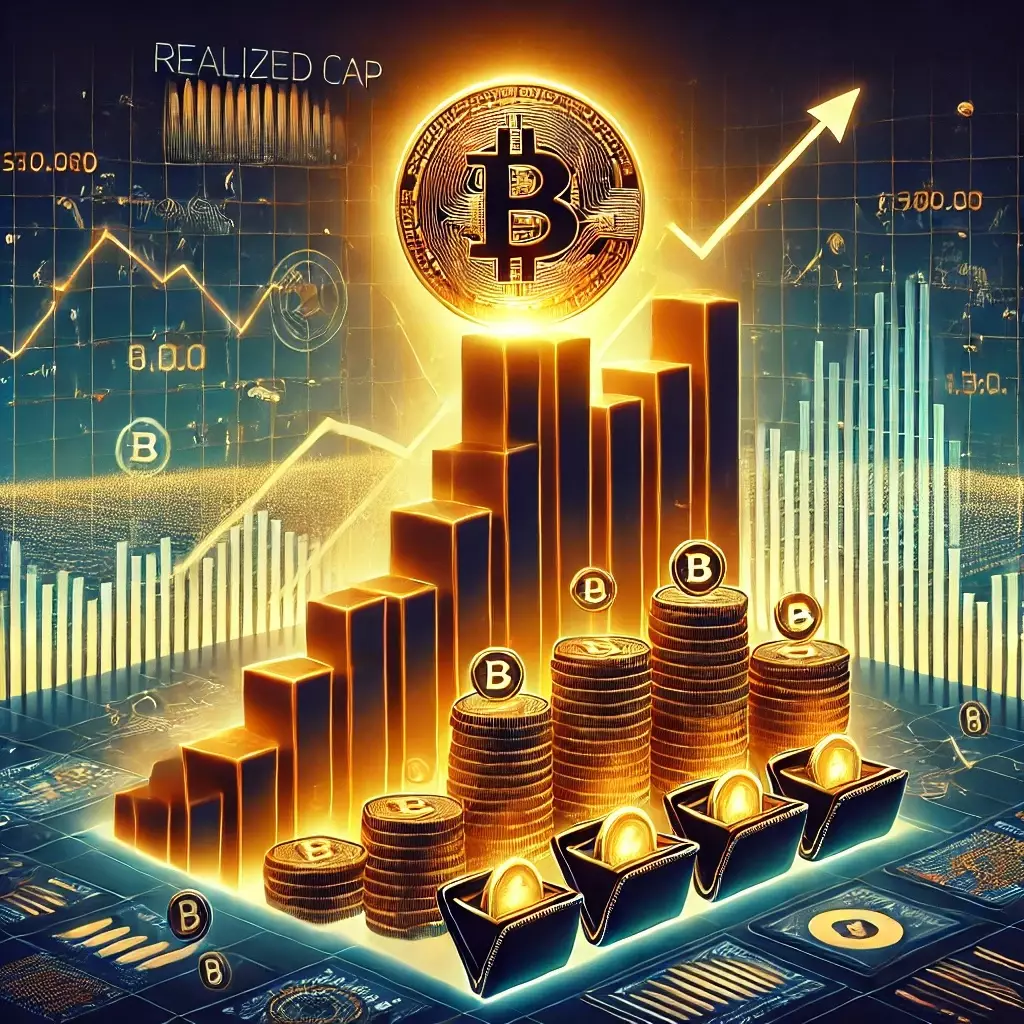The shifting dynamics of international trade have always had considerable impacts on global financial markets. However, the recent tumult under President Donald Trump has introduced a new level of uncertainty that resonates through every aspect of the economy, particularly in the volatile world of cryptocurrencies like Bitcoin. It is no secret that Bitcoin has been functioning at the mercy of tariff wars, acting as both a barometer and a casualty of international trade frictions. The stark reality is that the total collapse of Bitcoin prices below $80,000 echoes the broader chaos invoked by these tariff battles.
As tariffs escalate—recently surging over 145% on Chinese goods—investors are left navigating a minefield of speculation and fear. Predictions of market crashes become self-fulfilling prophecies as each tariff announcement sends shockwaves, triggering panic selling. The weight of this volatility rests heavy not only on Bitcoin but the entire economic ecosystem, revealing the pernicious nature of unchecked political maneuvers. Markets thrive on certainty; the barrage of tariff increases coupled with retaliatory measures leads to an environment of doubt and apprehension.
Undulating Market Responses
The recent cycle of tariff negotiation exhibits how complex the relationship between policy and market response truly is. When the U.S. administration announced a pause in tariffs, we witnessed a momentary renaissance for Bitcoin, pushing its price curiously back above the $100,000 mark. But can we really trust this recovery is rooted in anything substantive? Dazzling upward spikes often bring with them a sense of irrational exuberance that may obscure more significant, underlying issues.
What stands out in this ongoing saga is the sheer unpredictability of it all. The current upturn in Bitcoin’s fortunes appears directly correlated with the latest White House announcements. The rumblings of an agreement to suspend tariffs and commingle discussions between the U.S. and China signal both parties conceding to some extent. However, such decisions can easily evaporate overnight, leaving investors vulnerable to sudden downturns. While 90-day pauses and temporary agreements seem promising, they do little to address the root causes of trade tensions—historical grievances and economic disparities continue to loom large.
The Fragility of Investor Confidence
Investor confidence, a fickle beast, holds sway over the fate of asset classes ranging from equities to cryptocurrencies. With recent discussions between the U.S. and China striving for mutual respect and cooperation, there is a glimmer of hope that trust may be rekindled. The reality, though, is that these moments of détente rarely seal long-term commitments. The statement from the White House about a potential reduction of 24 percentage points in tariffs is a half-measure that ultimately lacks firepower without a sustained and genuine reconciliation.
The prospect of Bitcoin surging past $110,000 may entice speculators to re-enter the market, but this optimism stems from an inherently unstable foundation. The juxtaposition of temporary gains against the underlying fear of renewed tariff escalations makes for an environment rife with risk. For investors looking for steady returns, such volatility can feel like walking a tightrope—no net below.
The Onus of Accountability
As consumers and investors, we accumulate and disseminate a plethora of data and analysis; yet, we must hold those in power accountable for the climate they create. The political class, particularly under the current administration, has shown a reluctance to fully grasp the consequences of their trade policies. Bureaucratic decisions based on political gain often neglect the intricate webs of economic interconnectivity. This neglect can lead to dire ramifications felt not just by the Bitcoin market, but by the economy at large.
Navigating tariffs is a daunting endeavor—one where the stakes are amplified for those entrenched in the cryptocurrency markets. As we witness these battles play out, one question looms large: are we simply pawns on a global chessboard where policy decisions can render our financial fortunes as arbitrary as the latest tweet from Washington? The onus is on us, the public, to demand clarity and accountability from our leaders as the detrimental effects of tariff wars continue to unfold.
















Leave a Reply